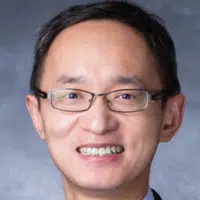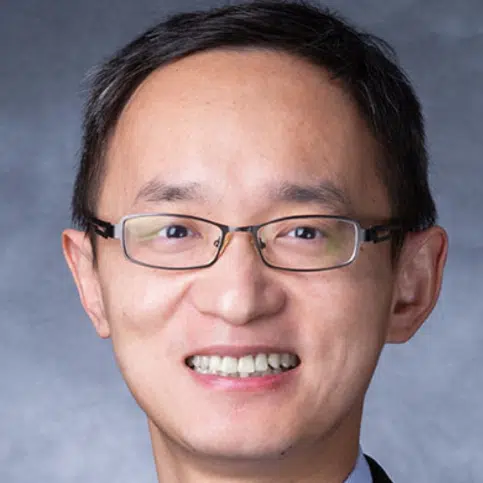Researcher Spotlight: Haopeng Yang, PhD
UNIVERSITY OF TEXAS MD ANDERSON CANCER CENTER

Super-enhancers are regions of the genome responsible for regulating expression of an unusually high number of genes. For his Lymphoma Research Foundation-funded project, Dr. Yang is characterizing the activity of superenhancers in different subtypes of diffuse large B-cell lymphoma (DLBCL), with the goal of understanding how these regions contribute to DLBCL growth and progression and how these processes may be interrupted to help treat the disease.
Dr. Yang completed his doctoral research at the University of Houston and is currently an instructor in the department of lymphoma/myeloma at MD Anderson Cancer Center in Houston, Texas. “My research interest is focused on understanding the complex epigenomics of B-cell lymphoma by cutting-edge techniques and developing novel therapeutic approaches to benefit lymphoma patients within a mechanism-driven strategy,” he says. “By integrating basic and translational research, I aim to lead [the development of] innovative therapeutic interventions by a profound understanding of epigenetics and immune cell biology in B-cell lymphoma.”
As part of his research, Dr. Yang utilizes patient-derived xenograft (PDX) models of DLBCL to understand the disease-causing processes and potential therapeutic responses in real tumor cells. “I hold deep respect for all patients that provide their consent to use their biopsies for the development of PDX models and therefore aim to generate impactful data that contribute to the lymphoma community,” he says.


